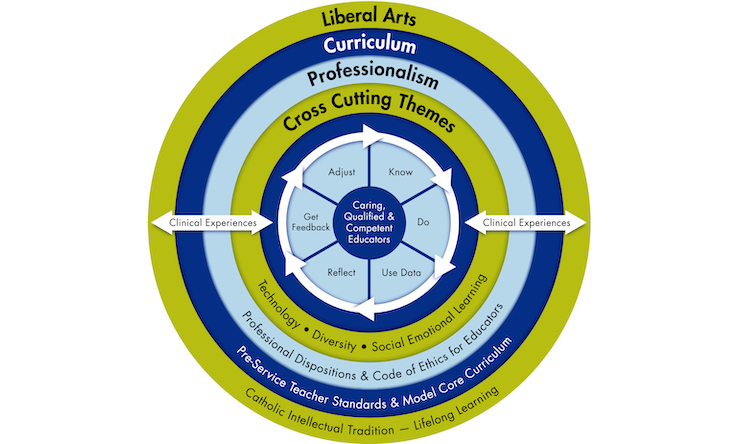Education
The School of Education at St. Ambrose University offers the following Bachelor of Arts degree programs and a B.Ed. degree program:
Elementary Education (Grades K-8)
- Endorsement areas: math, science, social studies, history, English/language arts, reading, French, German, Spanish, or special education
Secondary Education (Grades 5-12)
- Endorsement areas: art, business (all), English/Language arts, Spanish, math, music, biology, chemistry, history, and reading
- Middle school (Grades 5-8): Middle school endorsement (major in the subject you wish to teach) and English as a Second Language (ESL/ELL)
Ambrose Advantages
- Our Reading Clinic puts you at the forefront of lesson plans, testing and evaluation right away
- Unmatched real-world experience with twice the amount of field experience hours required by the state of Iowa
- 100% job placement post graduation
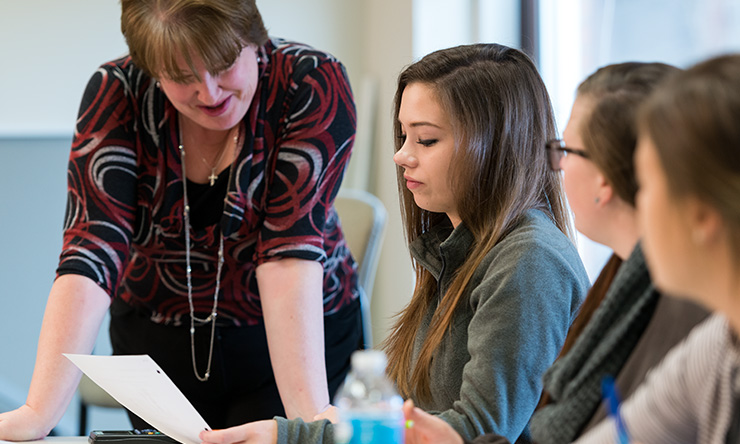
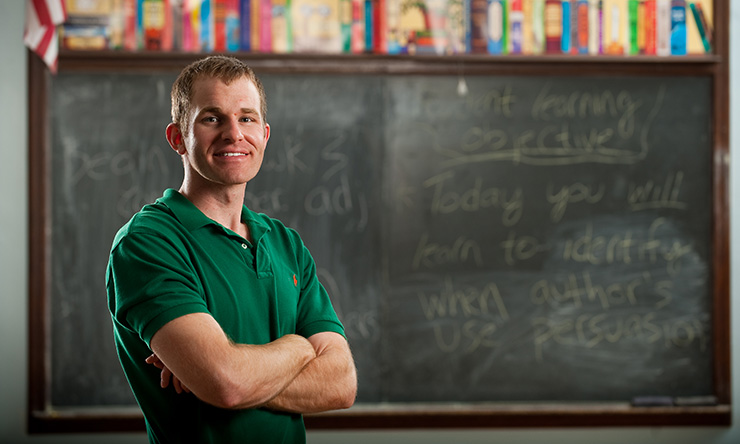
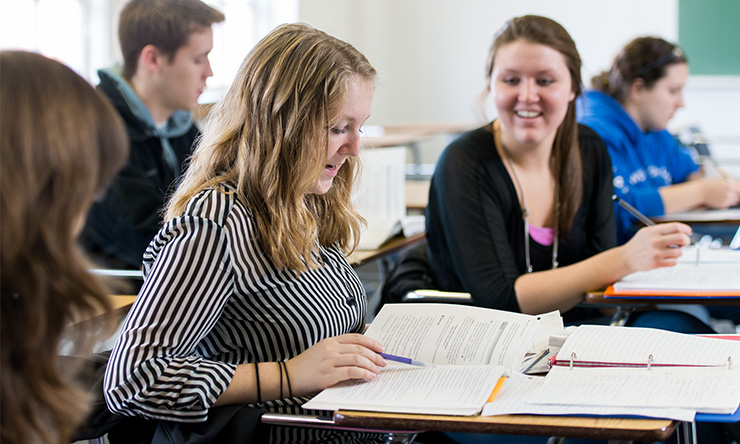
READ OUR EDUCATION PROGRAM SHEET (PDF)
Conceptual Framework
The SAU Educator Preparation Program produces caring, qualified, and competent educators through the coupling of the liberal arts with the professional preparation of pre-service teachers.
More About the School of Education
The St. Ambrose University Educator Preparation Program will be recognized and respected as a regional leader in the development of caring, qualified and competent educators.
As a program within an independent, diocesan, Catholic institution of higher learning committed to professional preparation within a strong liberal arts tradition, it is the mission of the SAU Educator Preparation Program to prepare teachers who: 1) are professionally ethical; 2) possess the knowledge and skills in current educational theory and practice needed to serve all learners in diverse current educational environments; and 3) possess the general skills needed to adapt to and create the learning environments of the future.
- The Educator Preparation Program (EPP) believes reflective practice to be the essence of pre-service candidate growth as a professional educator.
- The EPP believes candidate development through a liberal arts education is critical to developing highly-qualified teachers.
- The EPP believes a comprehensive and rigorous standards-based pre-professional curriculum is critical to developing highly-qualified teachers.
- The EPP believes both the teaching dispositions held and ethical standards from which to guide decision-making are essential to the development of professional educators.
- The EPP believes the profession of education is continually advancing, and as such it is critical to understand how cross-cutting themes such as diversity, social emotional learning and technology integrate across our understandings of teaching and learning.
- The EPP believes clinical experiences play an essential role in developing highly qualified, caring and competent professional educators.
Education Department
Dale Blesz, PhD, Director
Trish Zinger, Administrative Assistant
Melissa Judd, Curriculum Library Administrative Assistant
Jessica Davis, Assessment Administrative Assistant
Gene Bechen, PhD, Professor
Brenda Boleyn, PhD, Professor
Stephanie Erps, MEd, Assessment Coordinator, Lecturer
Mike Kiss, MA, Lecturer
Sherri Moler, MA, Instructor
Angela Rekers-Power, PhD, Associate Professor
Tracy Schuster-Matlock, PhD, Professor
Deanna Stoube, PhD, Professor
Edwin Ubeda, PhD, Assoc. Professor
Tanya Volkova, PhD, Professor
Interstate Teacher Assessment and Support Consortium (InTASC)
The developmental approach inherent in these progressions rests on several assumptions. In the interest of transparency, those assumptions are outlined here.
Learning and teaching are complex because they involve humans and relationships.
We know from research that the teacher/learner connection is the most critical factor in successful learning.
In addition to knowing their content, teachers must know their students, how they grow and develop, their preferred ways of learning, their strengths and needs, and their worldview.
Teachers must know how to motivate, engage, and inspire their students and do this within a fluid and organic environment that requires constant awareness and adjustment across multiple learners and learning modes, and often with limited resources and support.
Teaching expertise can be learned, develops over time, and is not linear
Expertise in teaching is knowable and teachable.
It can be described, supported by research, demonstrated, experienced, and known. While there is a foundational base of practice with developmental benchmarks along a continuum, not all parts of an individual's performance progress along a continuum at exactly the same pace.
Rather, a teacher's particular configuration of performances, knowledge, and dispositions may vary with high performance in some areas and weaker performance in others.
Certain professional experiences and supports may spark growth in particular areas and, conversely, changes in context may cause a temporary set-back in skill level until the new context is mastered.
Growth can occur through reflection upon experience, feedback, or individual or group professional learning experiences.
In order to develop their expertise, teachers must become knowledgeable about more effective strategies (know), implement them in a real context (do), gather evidence of learner response to the strategy (use data), reflect upon that evidence (reflect), if possible seek feedback from others like a mentor, coach, peer teacher or observer (get feedback), and then make adjustments (adjust), and repeat the cycle.
Teachers must be taught how to work through this cycle and should leave their initial preparation with the skill to reflect on their practice alone and with others, and evaluate their practices against a framework of developmental growth.
Intervention is needed when a teacher is unable to reflect or recognize teaching behaviors that should be addressed.
Development depends on context, particularly levels of support.
The effectiveness of a teacher's knowledge and skill varies depending on context and that knowledge and skill may serve them well in one context but less well in another.
For instance, a teacher who changes grade levels may find that s/he is at a beginning level in certain skills now needed to teach students at a younger age.
A rural teacher who moves to an urban environment may need different strategies to engage students who have different strengths and needs or who come with different life experiences.
The teacher has a reciprocal and iterative relationship with context that needs to be taken into account when supporting their growth and development.
It's about the teaching practice and not about the individual teacher.
The focus of these progressions is on the practice of teaching and how to improve practice.
The key questions are always these: What is the impact of the practice on the learner? Are the learners engaged? Are they learning, growing, and improving?
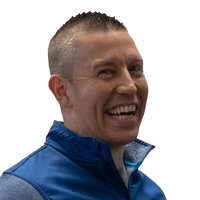
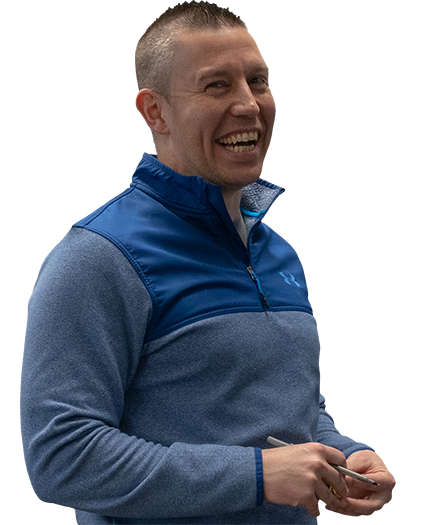
Rick Cushman
Bachelor of Arts in Elementary Education,Computer Science Instructor, Leadership Advisor and Soccer Coach at Harding Middle School, Cedar Rapids, Iowa,Class of 2000
Rick wanted to discover how he could shape the world, so he chose St. Ambrose. Today, he carries what he learned and lived at SAU into his classroom every day. As an educator and an Ambrosian, he plans to spark never-ending curiosity and exploration in the next generation, and give them the tools to succeed. He is a Computer Science Instructor, Leadership Advisor, and Soccer Coach at Harding Middle School, in Cedar Rapids, Iowa.
Contact
Dale Blesz, PhD, Director
School of Education
Ambrose Hall 205
518 W. Locust St.
Davenport, IA 52803
563-333-5839
BleszDaleP@sau.edu

